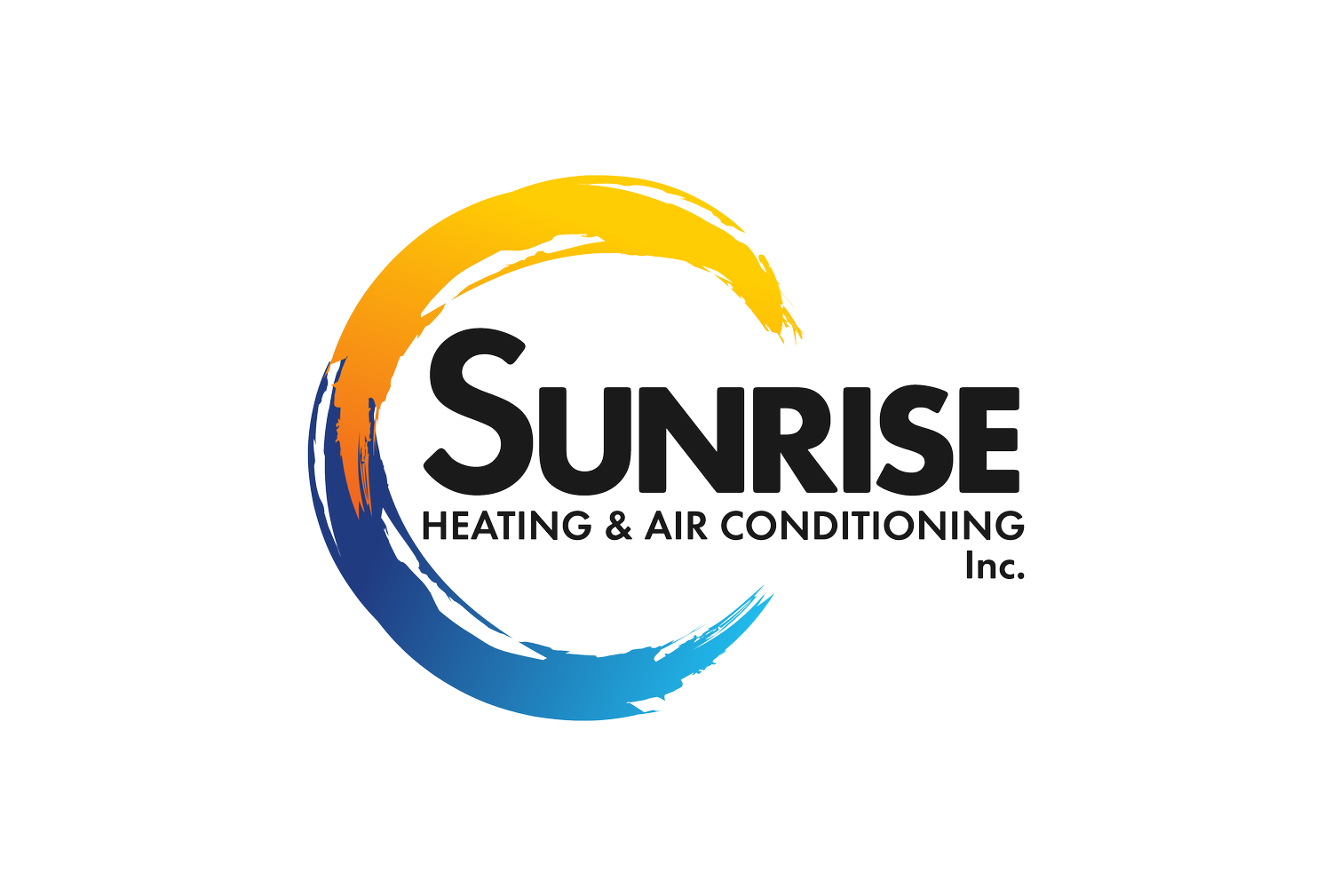Troubleshooting Tips for Homeowners
Your air conditioning (A/C) system is a lifeline during the scorching summer months, but when it starts acting up, it can quickly turn into a headache. Fortunately, many common A/C problems can be diagnosed and sometimes even resolved with a bit of troubleshooting. In this blog post, we'll explore some of the most frequent A/C issues homeowners face and provide tips on how to troubleshoot them effectively.
Reduced Airflow:
Potential Causes: Clogged air filters, blocked vents, or issues with the blower motor.
Troubleshooting Tips: Check/replace dirty air filters and ensure vents are open and unobstructed.
Warm Air Blowing:
Potential Causes: Low refrigerant levels, dirty evaporator coils, or a malfunctioning compressor.
Troubleshooting Tips: Check for signs of refrigerant leaks, clean the evaporator coils, and listen for unusual noises coming from the compressor. If you suspect a refrigerant leak, it's best to contact a professional for repairs.
Strange Noises:
Potential Causes: Grinding, squealing, or banging noises can indicate issues with the blower motor, compressor, or fan blades.
Troubleshooting Tips: Turn off the A/C and inspect the unit for any loose or damaged components. Tighten loose screws, and if the noise persists, contact an HVAC technician for further diagnosis.
Leaking or Moisture Buildup:
Potential Causes: Clogged drain lines, frozen evaporator coils, or refrigerant leaks.
Troubleshooting Tips: Check the condensate drain line for clogs and clear any blockages. If the evaporator coils are frozen, turn off the A/C to allow them to thaw. If you suspect a refrigerant leak, seek professional assistance immediately.
Frequent Cycling:
Potential Causes: Thermostat issues, dirty air filters, or improper unit sizing.
Troubleshooting Tips: Replace dirty air filters, ensure the thermostat is set correctly, and consider scheduling a professional inspection to determine if the A/C unit is properly sized for your home.
Electrical Problems:
Potential Causes: Tripped circuit breakers, faulty wiring, or capacitor issues.
Troubleshooting Tips: Check the circuit breakers to ensure they haven't tripped, inspect the wiring for any signs of damage, and visually inspect the capacitor for bulging or leaking. If you're not comfortable working with electrical components, contact a qualified technician for assistance.
While some A/C problems may require professional intervention, many can be diagnosed and sometimes even resolved by homeowners with a bit of troubleshooting. By familiarizing yourself with the common issues outlined in this blog post and following the troubleshooting tips provided, you can keep your A/C system running smoothly and efficiently throughout the summer months. Remember, when in doubt, it's always best to seek professional assistance to ensure the safety and reliability of your A/C system.
